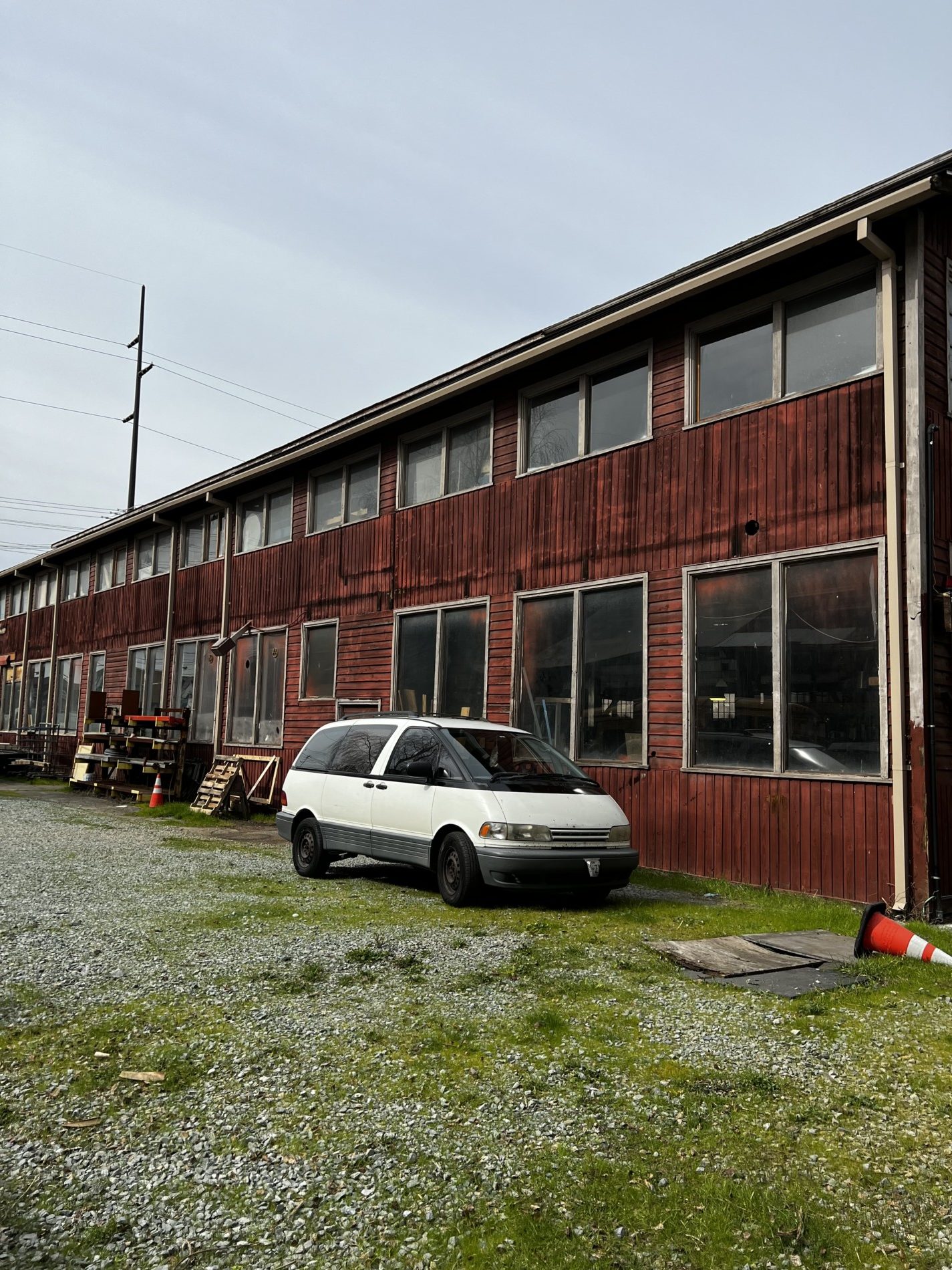
When embarking on a commercial building project, one of the most critical decisions you’ll make is selecting the right materials. Your choice can impact the structure’s durability, cost-effectiveness, and overall performance. Among the array of construction materials available, structural steel stands out as a top contender. In this article, we’ll explore the myriad reasons why structural steel should be your material of choice for your next commercial building venture.

MARTIRE FAMILY ARENA | SACRED HEART UNIVERSITY -Fairfield, CT
The Importance of Structural Steel in Construction

MARTIRE FAMILY ARENA | SACRED HEART UNIVERSITY -Fairfield, CT
Structural steel plays a pivotal role in modern construction for several compelling reasons:
1. Exceptional Strength and Durability
Structural steel is renowned for its remarkable strength and durability. It can withstand substantial loads, severe weather conditions, and the test of time. This longevity ensures that your commercial building remains steadfast and secure for years to come.
2. Cost-Efficiency Over the Long Term
While the initial cost of structural steel may be higher than some alternatives, it pays off in the long run. Its durability minimizes maintenance and repair expenses, making it a wise investment. This cost-effectiveness translates to savings over the life of the building.
3. Versatility in Design
Architects and designers appreciate the versatility that structural steel offers. It allows for the creation of innovative, complex, and visually striking building designs. The material’s flexibility permits expansive open spaces, unique architectural shapes, and intricate facades that can make your commercial building truly exceptional.
4. Sustainability and Eco-Friendliness
In today’s environmentally conscious world, structural steel shines as a sustainable choice. It can be recycled and repurposed, significantly reducing waste and carbon emissions. By opting for steel, you contribute to a greener, more sustainable construction industry.
5. Accelerated Construction Timelines
Time is of the essence in the construction industry, and structural steel excels in this regard. Prefabricated steel components can be assembled quickly, reducing construction timelines. This ensures your commercial building project stays on schedule, saving you both time and money.
Why Steel is Ideal for Commercial Buildings

MARTIRE FAMILY ARENA (structure) | SACRED HEART UNIVERSITY -Fairfield, CT
The suitability of structural steel for commercial buildings is further underscored by specific advantages it brings to such projects:
1. Safety and Security
Structural steel boasts excellent fire resistance and seismic resilience. It is non-combustible and can withstand high temperatures for an extended period, providing ample time for occupants to evacuate in the event of a fire. Additionally, its robustness enhances the overall safety and security of your building and its occupants.
2. Low Maintenance
Unlike some construction materials that require frequent upkeep, structural steel is low maintenance. It naturally resists corrosion, pests, and other common issues, minimizing the need for costly repairs and maintenance work.
3. Fire Resistance
Structural steel’s inherent fire resistance is a critical factor in ensuring the safety of your commercial building. It can withstand high temperatures, preventing the rapid spread of fire and ensuring the structural integrity of the building remains intact.
4. Recyclability and Environmental Responsibility
Steel is one of the most recycled materials globally, contributing to environmental conservation. When your commercial building reaches the end of its life cycle, the steel components can be recycled and repurposed, reducing waste and conserving valuable resources.
Types of Structural Steel Used in Commercial Buildings

MARTIRE FAMILY ARENA | SACRED HEART UNIVERSITY -Fairfield, CT
The choice of structural steel can vary based on the specific requirements of your commercial building project. However, common types of structural steel used in commercial construction include:
1. Carbon Steel
Carbon steel is the most commonly used type of structural steel. It offers excellent strength and versatility while remaining cost-effective.
2. High-Strength Low-Alloy (HSLA) Steel
HSLA steel combines higher strength with improved corrosion resistance. It’s a preferred choice when greater durability is required.
3. Weathering Steel
Weathering steel, also known as COR-TEN steel, develops a protective rust-like coating over time, enhancing its resistance to corrosion. It’s often used for outdoor or exposed structural elements.
4. Stainless Steel
Stainless steel is prized for its exceptional corrosion resistance, making it suitable for commercial buildings in corrosive environments.
In conclusion, the use of structural steel in your next commercial building project is a decision backed by a multitude of advantages. From its strength and durability to its eco-friendliness and aesthetic appeal, structural steel is a versatile and cost-effective choice. By opting for structural steel, you not only ensure the success of your construction project but also contribute to a more sustainable and resilient future for the construction industry.
Frequently Asked Questions (FAQs)
Why is structural steel important in construction?
Structural steel is crucial due to its exceptional strength, durability, cost-efficiency, and versatility in design, making it a preferred choice for various construction projects.
What are the advantages of using structural steel?
Advantages of structural steel include its exceptional strength, cost-effectiveness over time, design flexibility, sustainability, and quick construction timelines.
Why is steel used in commercial buildings?
Steel is preferred in commercial buildings for its strength, durability, safety features, low maintenance, fire resistance, and environmental sustainability.
What type of steel is used in commercial buildings?
Common types of structural steel used in commercial construction include carbon steel, high-strength low-alloy steel, weathering steel, and stainless steel. The choice depends on specific project requirements
You must be logged in to post a comment.